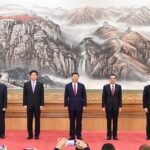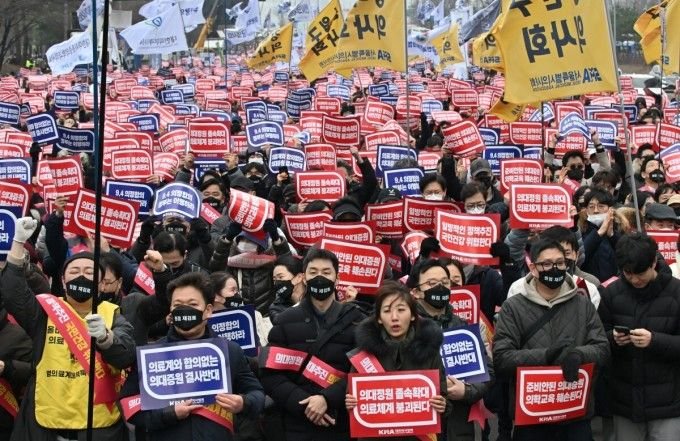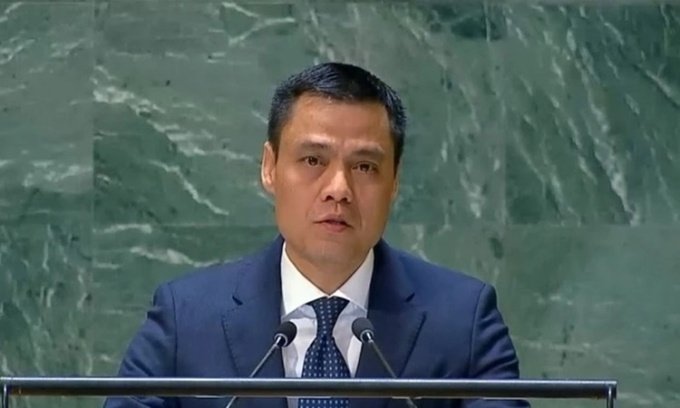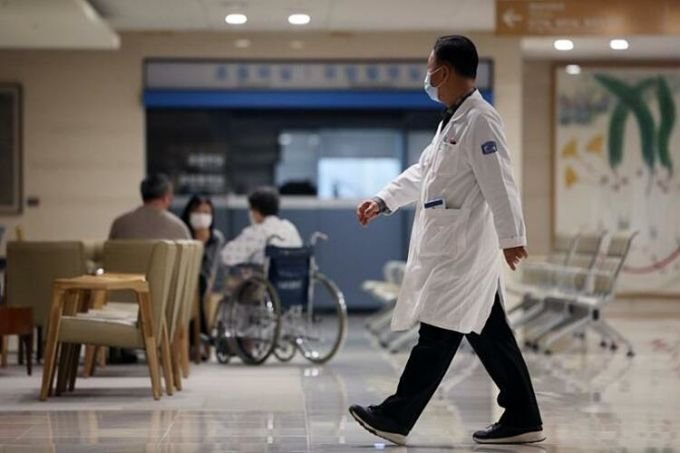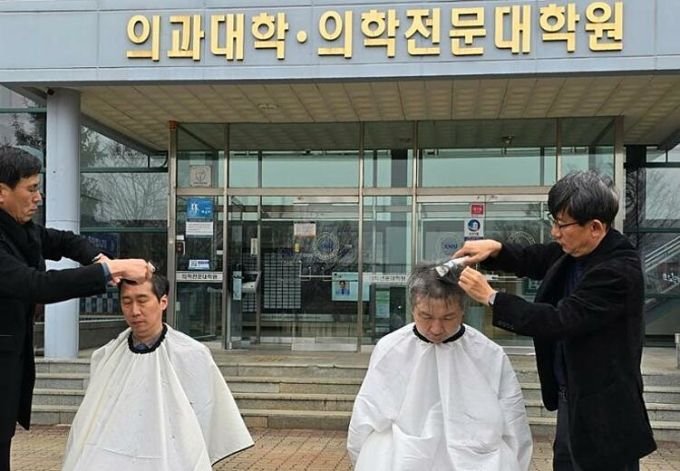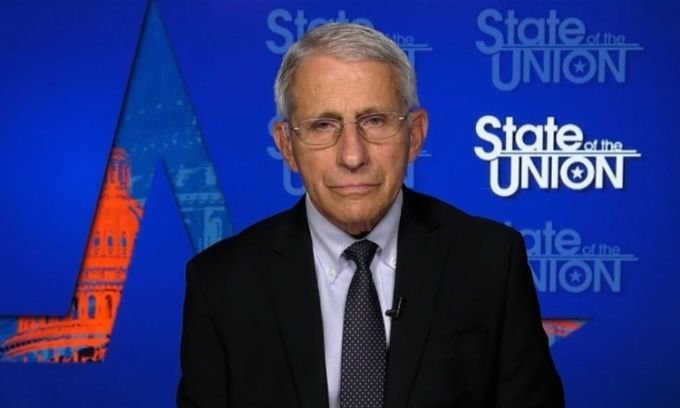`From today, we plan to inspect hospitals to identify resident doctors who do not return to work. We will act according to regulations and laws without exceptions,`
According to Mr. Cho, for doctors who have returned to work, the government will consider extenuating circumstances in case of holding them responsible.
Deputy Health Minister Park Min-soo announced at a subsequent press conference that the government would begin the process of revoking the medical licenses of about 7,000 resident doctors who participated in the strike.
`We will respond harshly and quickly to those who cause collective action that leads to chaos in the medical industry,` Mr. Park said.
About 9,000 Korean resident doctors, equivalent to 70% of the country’s resident doctors, have quit their jobs since February 20, leading to many canceled surgeries and stagnating medical examination and treatment services in the country.
The government warns that striking doctors will face administrative and criminal sanctions, including a one-year license suspension, three years in prison or a fine of 30 million won ($22,455) if they do not return to work.
Korean doctors protested in Seoul on March 3 to protest the government’s increase in medical school admission quotas.
Korean resident doctors collectively quit their jobs to protest the government’s plan to increase enrollment of 2,000 students in medical schools from 2025. Resident doctors play an important role in supporting surgery and services.
So far, there are few signs that either side will make any concessions.
The World Medical Association, representing doctors, `strongly condemns the Korean government’s actions to suppress the voices of KMA leaders`, and affirms the right of doctors to practice
The South Korean government says increasing medical school students is necessary because the country has the lowest ratio of doctors to population in developed countries.
The ratio of doctors in Korea is an average of 2.6 per 1,000 people, the lowest among countries belonging to the Organization for Economic Cooperation and Development (OECD).
But contrary to the government’s position, resident doctors say the country does not need more doctors because it already has enough. Changing the policy will reduce the quality of national healthcare, arguing that the population is decreasing.
Intern doctors point out a problem in the Korean medical industry today: staff shortages and income disparities in essential but `unattractive` departments such as pediatrics, obstetrics and gynecology.
They believe that doctors are not interested in these departments because the services they provide often have lower costs than `attractive` departments such as cosmetic surgery and dermatology, where hospital fees are paid by the doctors themselves.
The Korean government believes that low-cost essential departments will benefit from the new health insurance policy it announced earlier this month.
But resident doctors emphasized that increasing medical enrollment will not help fill the staffing gap in essential departments, but will only increase competition in `attractive` departments, especially in Seoul hospitals.
Doctors also believe that the government needs to address their working conditions before considering increasing the number of medical staff.
They believe that this situation can only be improved by recruiting more experienced doctors, not by increasing the number of students and newly graduated doctors.
The Korean public and many other medical organizations support the plan to increase medical school enrollment quotas.
But supporters also emphasize that the plan to increase doctors will only be effective when accompanied by measures to improve the status of the public health system, admitting that medical marketization is one of the main causes.
`Even if we increase the training of thousands of doctors, there is no guarantee they will enter essential departments or public hospitals,` said the Korea Federation of Medical Rights Activist Groups (KMFA).

